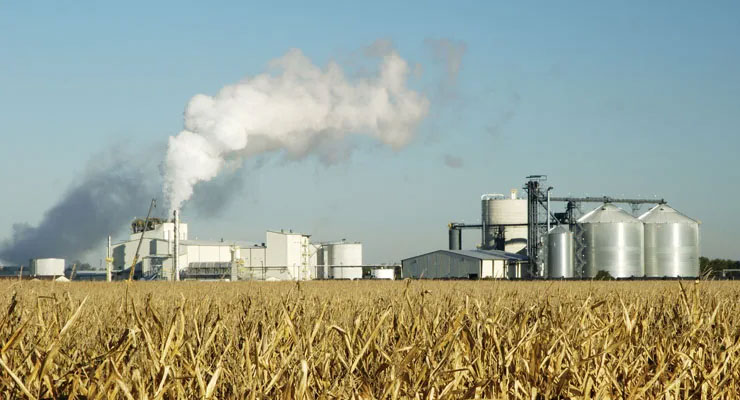
BioFuel Production Methods
Biofuels have emerged as a promising alternative to traditional fossil fuels, offering a potential solution to the energy and environmental challenges we face today. As the world transitions towards cleaner and more sustainable energy sources, understanding the most efficient and cost-effective methods for producing biofuels, as well as ways to improve their production yield and mitigate environmental impacts, becomes crucial.
Efficiency and cost-effectiveness in biofuel production are closely tied to the choice of feedstock and the production technology employed. Among the various biofuel production methods, the most efficient and cost-effective approaches often depend on the specific characteristics of the feedstock and the region's resources. For instance, utilizing agricultural and forestry residues, such as corn stover, sugarcane bagasse, and wood chips, can be a viable option as they are abundant and do not compete with food production. Additionally, leveraging advanced conversion technologies, such as biochemical and thermochemical processes, can enhance the overall efficiency and cost-effectiveness of biofuel production. These technologies include enzymatic hydrolysis, gasification, and pyrolysis, which allow for the conversion of complex biomass into simpler compounds that can be further processed into biofuels.
Improving the production yield of biofuels from various feedstocks requires a multidimensional approach. Firstly, optimizing the pretreatment methods for the feedstock can enhance the accessibility of the biomass to the conversion process, leading to higher yields. Additionally, advancements in biotechnology have facilitated the development of genetically modified feedstocks with higher energy content, improved resistance to pests and diseases, and better adaptability to various environmental conditions. Furthermore, process integration and co-product utilization can enhance the overall production efficiency by utilizing the by-products of biofuel production for other applications, such as animal feed, biogas production, or electricity generation. Integrating these strategies can significantly improve the overall yield and sustainability of biofuel production.
Despite the numerous benefits of biofuels, their production can have certain environmental impacts that need to be carefully managed. The choice of feedstock plays a critical role in determining the environmental footprint of biofuel production. For example, utilizing food crops as feedstock can potentially lead to land-use changes, deforestation, and competition with food production, which can have adverse environmental consequences. On the other hand, utilizing non-food crops, agricultural residues, and waste materials can minimize these impacts. Furthermore, the energy consumption and emissions associated with the production processes, including farming, transportation, and conversion, need to be optimized to reduce the overall environmental burden.
Additionally, the use of certain production methods, such as intensive agricultural practices or inefficient conversion technologies, can result in increased greenhouse gas emissions, water consumption, and soil degradation. Therefore, implementing sustainable practices, such as precision agriculture, organic farming, and the use of renewable energy in the production process, can help minimize the environmental impacts of biofuel production. Furthermore, integrating circular economy principles, such as the utilization of waste heat and recycling of process water and nutrients, can further enhance the sustainability of biofuel production.
In conclusion, the efficient and cost-effective production of biofuels relies on the strategic selection of feedstocks and the adoption of advanced conversion technologies. Improving the production yield of biofuels necessitates the optimization of feedstock pretreatment, the development of high-energy-content feedstocks, and the integration of co-product utilization. Addressing the environmental impacts of biofuel production requires the adoption of sustainable feedstock choices, energy-efficient production processes, and the implementation of circular economy principles. By implementing these strategies, the biofuel industry can contribute significantly to the global transition towards a more sustainable and environmentally friendly energy system.

0 Comments